Should we let children be influencers?
Is it right to encourage your child to expose a huge amount of their personal life on social media for financial gain? Cherry Casey speaks to parents, activists and experts on both sides of the debate
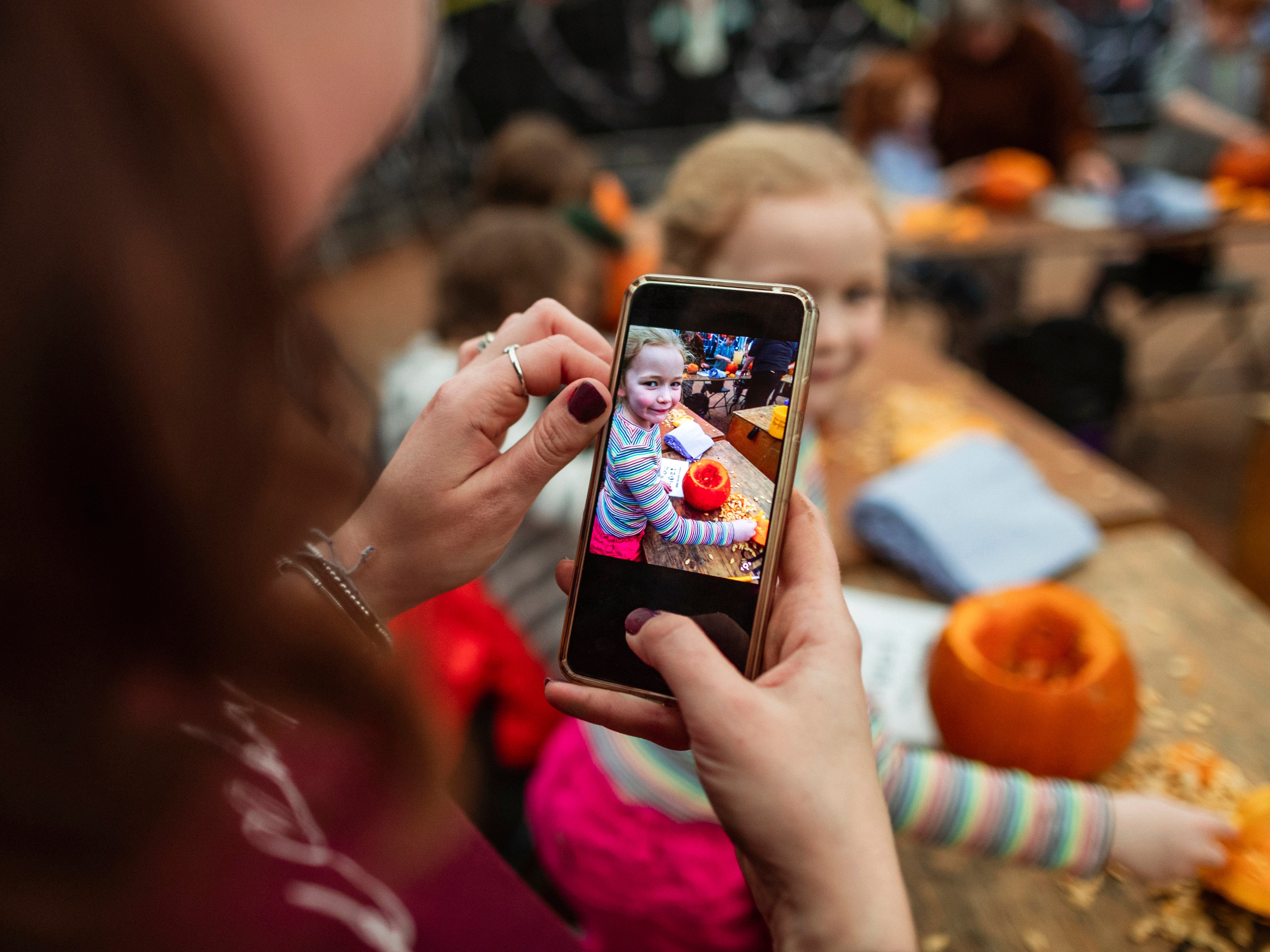
In 2015, three-year-old Ryan Guan asked his mother if “he could be on YouTube, like other kids”. His parents obliged, creating his own channel, Ryan’s ToysReview, where they uploaded footage of him playing with toys. One video in particular, where he opened a papier-mache egg filled with toy cars, struck a mighty chord with kids (and possibly parents) everywhere and shot him into stardom.
That video has since had more than 1 billion views and his channel, now called Ryan’s World, has 30 million subscribers. Ryan himself is said to have a net worth of more than $30m.
Since then, swathes of “kid influencers” have not only followed in Ryan’s footsteps, but overtaken him. According to analytics site Social Blade, the most popular kid influencer at time of writing was Nastya, whose channel, Like Nastya, has 83.5 million subscribers and more than 66 billion views. In 2020, Forbes reported that the seven-year-old had earned $18.5m.
In the UK’s kid influencing sphere, reported highest earners include 15-year-old Ruby and little sister Bonnie, six, who, via their channel Ruby Rube, earn a predicted £2.45m per annum, while brother and sister pair, Gaby, six, and Alex, seven, earn a predicted £160k a month.
The industry is staggeringly lucrative on account of the advertising model it offers. Influencers have authority and can connect with – and sell to – their audience in a way not seen before. That’s one reason why, in 2021, the global influencing market was valued at a record $13.8bn.
But young viewers don’t just want what their favourite influencers have, they want to be them, too. In 2019, “social media influencer” and “YouTuber” were among the top three career choices of 11-16-year-olds (with the third being “doctor”).
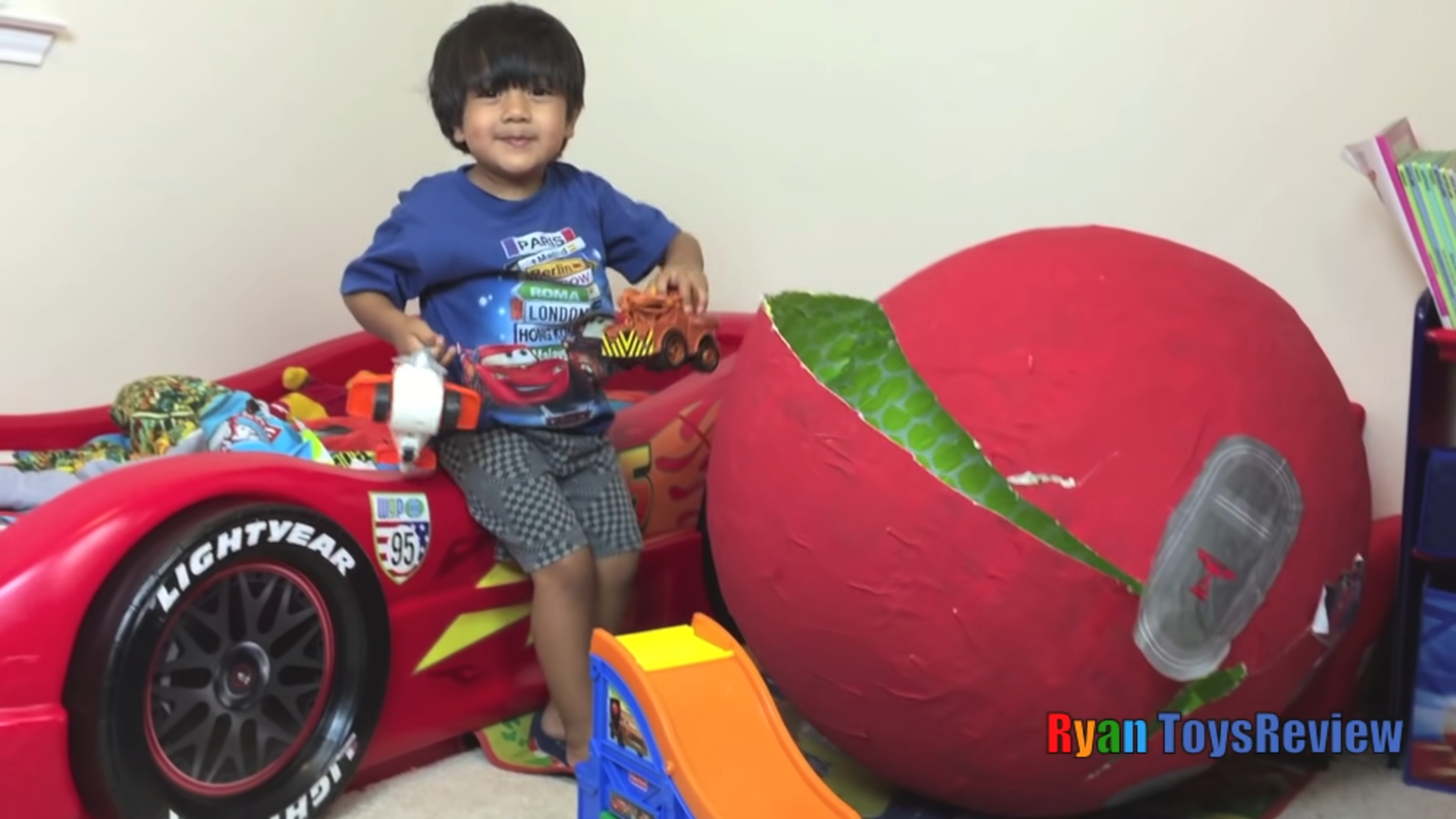
And parents are right behind them. Search “child influencer” on Google and related search terms include everything from “How do I get my child noticed on Instagram?” to “How do I get my baby sponsored?” (Because infancy is no barrier to influencing. Marleigh Grant, for instance, has more than 1 million followers at just two years old).
And for those who really mean business, there is the SocialStar Creator Camp, where aspiring kid influencers in the US or UK can learn how to attain “greater viral influence and success”.
“The [social media] space is professionalising,” says Dr Catalina Goanta, assistant professor in private law at Maastricht University and co-editor of The Regulation of Social Media Influencers. “Nowadays all social media platforms have monetisation policies, and that means that this industry is becoming increasingly professional because it is increasingly about work.”
By while the space may be professionalising, legislation has yet to catch up, meaning that everybody “influencing” within it – children, their parents and the various talent agencies managing them – are doing so with very little regulation, guidance or protection.

Which is why in November 2021 the Digital, Culture, Media and Sport (DCMS) Committee held a meeting as part of their parliamentary inquiry into influencing culture, focusing specifically on kid influencing and how (as asked by MP Kevin Brennan) “public policy should react to this explosion of children in child labour”.
A lot of children, especially in the UK, are involved in this industry without having any say
One of the witnesses invited to join the meeting was Ed Magee, chair of the National Network for Children in Employment and Entertainment (NNCEE). “We were really pleased that [the DCMS Committee] reached out to us because it’s something we were concerned about,” he says, explaining that while children working in the “traditional” entertainment industry today ie, television and theatre, have a huge number of safeguarding measures in place, authorities have no oversight into the kid influencing industry.
One of the NNCEE’s key concerns is around the amount of hours child influencers are being asked to perform in front of a camera. Anyone who has young children and a smartphone knows that trying to get a perfect shot takes a lot of time and effort. If you are trying to generate content that is engaging and impressive enough to garner the sort of audience that kid influencer veterans such as the Stauffer twins boast, then that must increase significantly.
“You can’t earn huge amounts of money from a few minutes [of work] a day,” says Magee. While child employment laws stipulate that, for instance, children cannot work more than 12 hours per week during term time, kid influencers, and children trying to become influencers, “are probably doing several hours a day and that's where we start to get concerned”.
And once a kid influencer becomes successful enough to earn money, the next question, says Magee, is “where is it all going?”
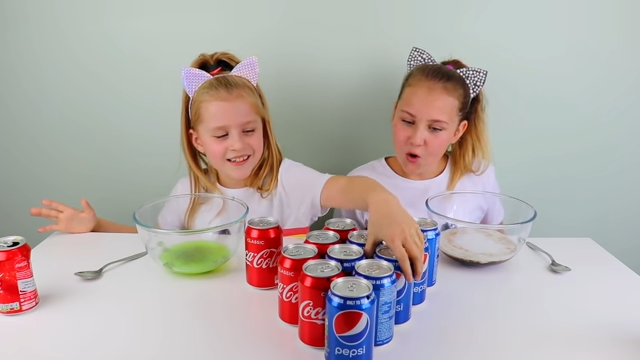
The California Child Actor’s Bill (or Coogan Act) was introduced in 1939 when Jackie Coogan discovered that his parents had spent almost all of the millions of dollars he’d earned as a child actor. Today, child performers’ earnings are protected by such a law – kid influencers’, however are not.
And while any external agency working on a production that involved child actors would need to undergo legal checks such as a DBS, there is no such requirement for those working with kid influencers; something that MP Julian Knight, chair of the influencer inquiry, was “astounded” by. (The relationship that external organisations have with kid influencers is slightly different to actors, explains Magee, as it is “at arm’s length”, although he personally agrees that “the safeguarding, the responsibility and the oversight should be the same”.)
But while these concerns around child labour are crucial, they are at least tangible; laws can go some way in offering protection against exploitation on these grounds. Which is precisely what has been attempted in France, where, in October 2020, a new law was passed that offers kid influencers the same protections as child models and actors, such as regulating hours, introducing licensing, and protecting their earnings. A move that Magee says the NNCEE would “certainly support” if introduced in the UK.
But does it, and can it, go far enough, when what makes kid influencing so complex is the moral debate that rages beneath it? Namely, is it right to allow, or, for the more cynical-minded, encourage your child to become an influencer, exposing often a huge amount of their personal life to the public eye, for financial gain?
The question of privacy and consent is perhaps the most contentious element of this debate. “A lot of children, especially in the UK, are involved in this industry without having any say,” said Dr Crystal Abidin, associate professor and principal research fellow at Curtin University, during an influencer inquiry meeting earlier in the year. And while “there is no ceiling [in terms of age limit],” she added, “there should be a floor, which we are still not talking about.”
Elaborating, Abidin explains that children should “have to reach a certain standard, where they can make decisions,” before they should be involved in influencing. In very young children, this can be difficult and while some family influencers will visibly remove their young child if they clearly don’t want to be filmed, in other instances, says Abidin, the children clearly don’t want to be there, yet “parents hold them between their thighs, making sure they stay there just to film”.
But even for those who are genuinely happy to be filmed, children of such a young age, with no understanding of the digital landscape, “can’t provide fully informed consent,” says Professor Bernadka Dubicka, former chair of the child and adolescent faculty at the Royal College of Psychiatrists. So immediately, “there are ethical and moral issues around this.”
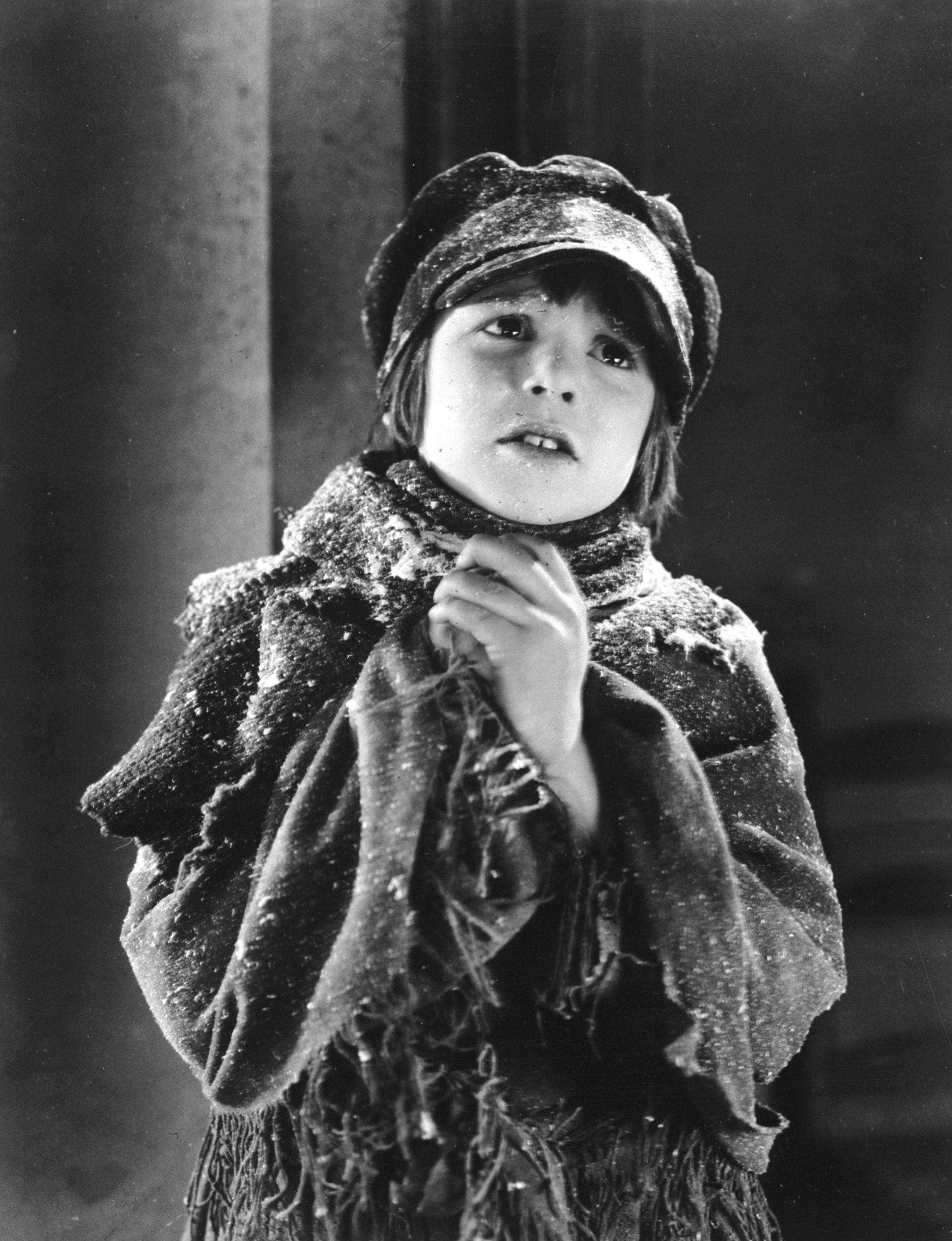
And when children do reach an age where their understanding of the online world improves, says Dubicka, “we know that young people want the right to be forgotten, want the right to remove their digital footprint and want the right to have more control over what goes up there.”
The French child influencer law does in fact include a “right to be forgotten” meaning that online platforms will be required to remove any content related to a child, should that child request it.
But while this may be useful, if a child needs to go above their parents’ heads and invoke a law to remove content related to them, does this not raise the issue: how healthy is this occupation? When a child is a producing such a significant income, how easy is it to stop?
“This might start out as fun for a child, but when it suddenly becomes the main income for the family, that comes with a huge burden of responsibility so then how can we know that those children don’t feel compelled or pressurised to do it?” says Dubicka. “Or when advertisers start to go down, or followers start to reduce. That could potentially be quite profound in terms of the impacts on them.”
Of the 11 family influencers that the DCMS invited to attend the inquiry meeting, Urban was the only one to attend, prompting Brennan to question why there might be a ‘conspiracy of silence’
Abidini also stressed the importance of understanding the “moral harm” of influencing, citing that “in the last two years in China, Japan and Korea the number one issue plaguing influencers is suicide as a result of online bullying… not just online hate comments, not just stalking but long-term stress related to this job from people googling you and doxing you [identifying personal details] in small amounts.”
There is no shortage of parents who have found themselves under fire for the perceived exploitation of their children via “influencing”. For instance, the Stauffer family, after they gave up their adopted son, (whose “journey” they had documented online); YouTuber Jordan Cheyenne, who accidentally uploaded footage of herself asking her son to “act like he was crying”; and the parents of Piper Rockelle, who were famously accused of exploiting their 13-year-old daughter after posting pictures of her posing in a bikini, by singer Pink.
Goanta explains that often incidences such as the above are not just examples of questionable (but genuine) parenting choices, but purposeful attempts to create a scandal. It’s “what in social media parlance is called ‘clout chasing’, making content that has the possibility of polarising individuals and polarising audiences on whether it is moral or immoral,” she says. A scandal – no matter how bad taste – attracts an audience, and an audience brings in ad revenue. “A lot of families that have been the managers of child or teen influencers, have exposed their children to this.”
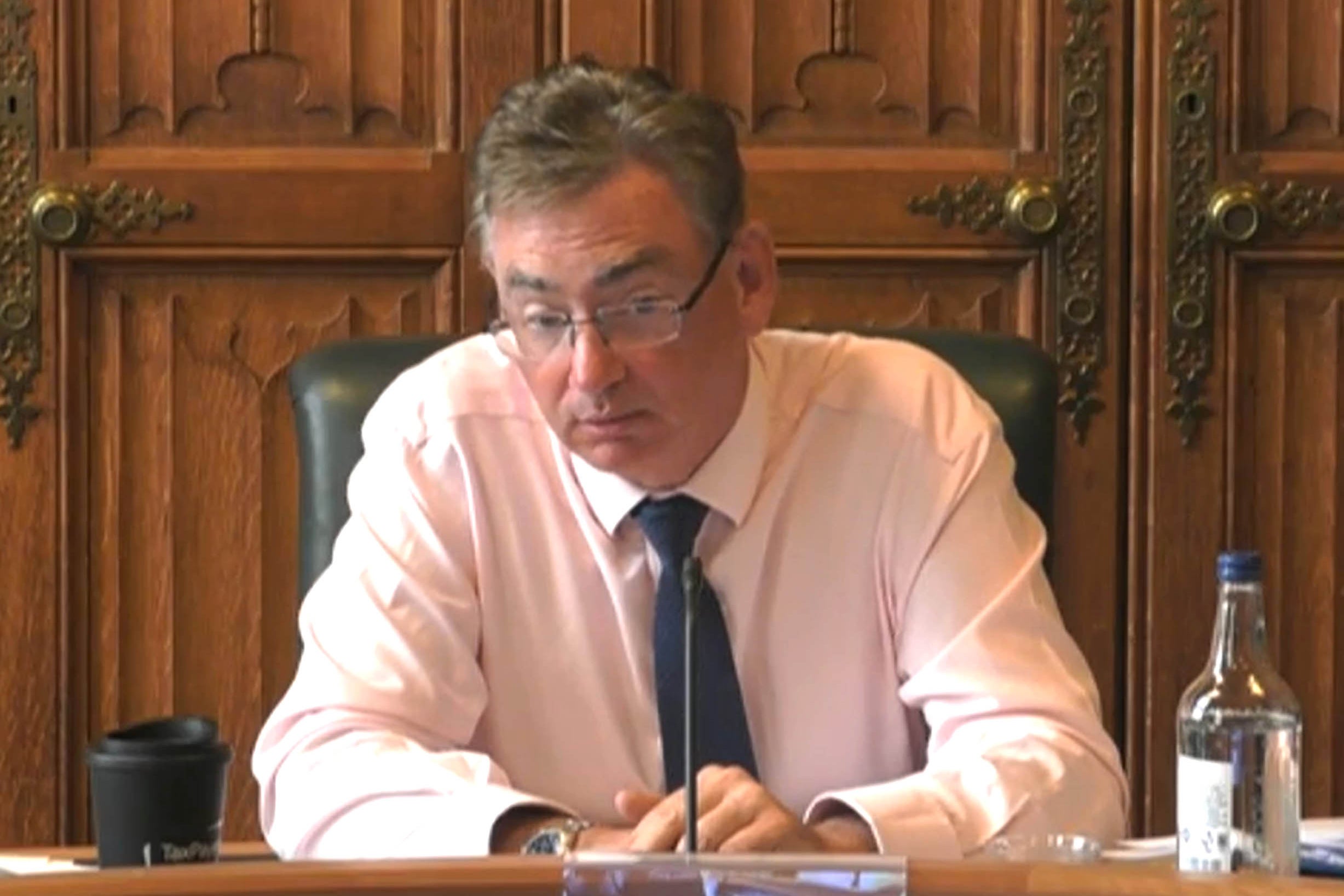
TikTok star Zoe Laverne, 20 could be grouped in this category, after she offered to sell photos of her newborn baby online. Indeed, when Goanta referenced this incident during the inquiry, there were “gasps from the committee”, while Knight speculated that such an individual must be “deeply damaged”.
But Goanta explains that this particular story can also be viewed differently; when an individual has spent such a significant part of their formative years, “influencing” (Laverne has since the age of 15), then it perhaps stands to reason that any new development in their life, including having a baby, is seen as a business opportunity. “This is what is happening with monetisation,” says Goanta. For some, this is perceived to be its most insidious effect.
The lack of regulation around kid influencers is one reason why influencer marketing agency Takumi do not work with anyone under the age of 18, (although they do work with family influencers, where the parent is in charge, but children are included).
Nonetheless, “we have to believe that the majority of parents are doing stuff with good intention,” says chief strategy cfficer Jim Meadows, giving the example of a friend who has her own food channel with children’s recipe ideas. “Her kids do feature but pretty infrequently,” says Meadows. “She’s not stood there for an hour telling them to smile and she earns enough income from that to prevent having to put them with childminders, so it feels like a nice win-win.”
Sergei Urban, the father of two and influencer (or content creator, a term generally preferred) behind TheDadLab agrees that it’s unfair to conflate influencing with exploitation. Yes, irresponsible parents exist in the influencing world, but this “is not something new. It’s just a different angle of the same kind of problem.”

Of the 11 family influencers that the DCMS invited to attend the inquiry meeting, Urban was the only one to attend, prompting Brennan to question why there might be a “conspiracy of silence from parents who use their children in these influencer videos?”
While the suggestion that such parents have something to be ashamed of was raised more than once, Urban avoids speculating about other influencers (replying to Brennan, “I have no idea. We need to ask them”) but displays a confidence that via his platform – which features fun and educational activities to do with kids, has 3.9 million subscribers on YouTube and features both sons – he is doing nothing morally wrong.
“Some influencers share things that I would not share about my family because I have strict filters,” he says, and “boundaries that I don’t cross.” For instance, he elaborates, before uploading any content that involves his children, he asks himself, “If my kids look back at that photo, that video, that story, 20 years from now, would they be OK with me sharing it?” And if he feels he is too “stuck” in a content idea to trust his own judgement, he asks his wife.
His children he says, are also generally keen to feature in the videos, as they know playing with something new is going to be “extra fun. So they don’t really work.” And if one isn’t in the mood, he simply asks the other. And while Urban does not make this distinction himself, it is clear that while he may fall within the family influencer category his content is a far cry from the likes of, for instance, 8 passengers, who publish intimate details about their family life. He creates children’s activities – his own children model them for him.
And this line of work has given him and his family “opportunities I would never have dreamed of”, such as paid-for holidays and exclusive events. The kind of thing, he says, that previously you would need to be “born into”. With social media, “you can actually make that happen yourself”.

The argument that influencing offers greater equality is a fairly strong one. For instance, no more do children who want to get their singing skills noticed need to have a parent who has the time and money to spend weekends at auditions.
And while private school has always been one of the most successful ways to get your child ahead, says Meadows, “if you don’t come from that socio-economic background it’s probably very tempting to support your child in building up a social profile to create more opportunities for them in the future.”
Because a well-curated digital footprint can do just that, says Meadows. “Influence [can be seen] as a social currency. For instance, my brother is an agent for a wonderful musician, but he wouldn’t have been considered by a record label without a social following, without getting the plays on Spotify.”
Loving your child is not an instant recipe for knowing how to manage their fame, visibility or their monetary earnings
Cultural developments often bring with them a moral panic. So how much of the concern around influencing stems from a fear of the unknown, combined, perhaps, with a dose of snobbery? (In an earlier influencer inquiry, Dr Francesca Sobande, a lecturer at Cardiff University explains that, “Unlike creativity, the sense of self-expression and the prestige that is sometimes but not always linked to the experiences of artists, creatives or creators, the work of influencers seldom seems to be regarded in comparable terms.”)
“When we look at Gen Z, who have grown up with all of this, they are a very sensible generation that have used the internet to get educated about things that really matter to them,” says Meadows. “They talk openly around mental health and sustainability and they’re really driving an agenda for a better, fairer world. They’re the generation that introduced the social media pause into into the zeitgeist. So I think young people in the majority adapt to the world that’s presented to them and it doesn’t necessarily mean things are going to be terrible.”
What is more worrying, is the pace at which the digital world operates. “The speed of acceleration is very, very difficult for parents to manage,” he says. “And I also think it’s very difficult for government and for the platforms to come up with solutions at speed. Things just aren’t done quickly enough to protect young people online.”
People involved in any side of the debate agree that platforms such as YouTube and Instagram could be doing much more to protect young influencers; whether that’s clamping down on cyberbullying; intervening when tobacco firms use them to advertise smoking to the young; or censoring kid influencer content that is sexually inappropriate (look at the music videos of 10-year-old Italian influencer Benny G, for a bleak example).
But while the technology to “do more” certainly exists, says Abidin, explaining that platforms employ surveillance, censorship, machine vision learning and shadow banning when they want to (usually “for brand safety, or some sort of political statement”), ultimately, we should never rely on them “to be the moral arbiters of what is right or wrong. They are businesses, so they’re going to make decisions that ultimately benefit them as a business, even if they do consider civic discourse and civil society every now and then.”
Legislation therefore, needs to do more, more quickly (the online safety bill, says Dubicka, “is a good start but hasn’t gone far enough”). And while France is the only country so far to introduce new laws, the Netherlands has plans underway to create a hotline for members of the public to report any child that is suspected to be engaged in child labour via social media. The hotline is a means to protect children from exploitation but it is also hoped, Goanta explains, that it will give a sense of clarity around just how many child influencers there are in the country. “YouTube doesn’t share information about top 1,000 accounts in a specific age demographic in the Netherlands. You can retrieve that information computationally through the application programming interface, but it’s very time consuming and computationally demanding.”
Magee agrees that the practicalities of policing such a vast industry are complex, but explains that one useful development in the interim may be the “report a concern button” recently launched by the NNCEE. While not created with children creating “self-generated content” (ie, for social media) in mind, if anyone in the UK used it to report a concern in this vein, it would be taken seriously, says Magee. “We’d probably recommend that the child employment officer [in the relevant local authority] has a word with the parents, asking, ‘Can you tell us what’s happening, have you looked at the hours the child is doing and is it possible to scale back a little bit?’”
Working with parents so they are better informed of the realities and risks of influencing is sorely needed, echoes Abidin. “I think we need to remember that even the best, caring, most well-meaning parents may not be the most appropriate managers for child influencers,” she says. “Loving your child is not an instant recipe for knowing how to manage their fame, visibility, or their monetary earnings. All of these are professional skills that professionals take courses and practice and train in.”
With the DCMS Committee report following the influencing inquiry due to be released “some time in 2022”, potential next steps are purely speculative. But that children are working, and doing so in an entirely unregulated space, is no longer up for debate. Neither, therefore, should be their right to protection.
Join our commenting forum
Join thought-provoking conversations, follow other Independent readers and see their replies
Comments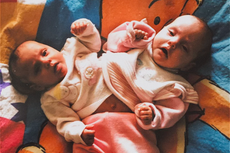



Bookmark popover
Removed from bookmarks